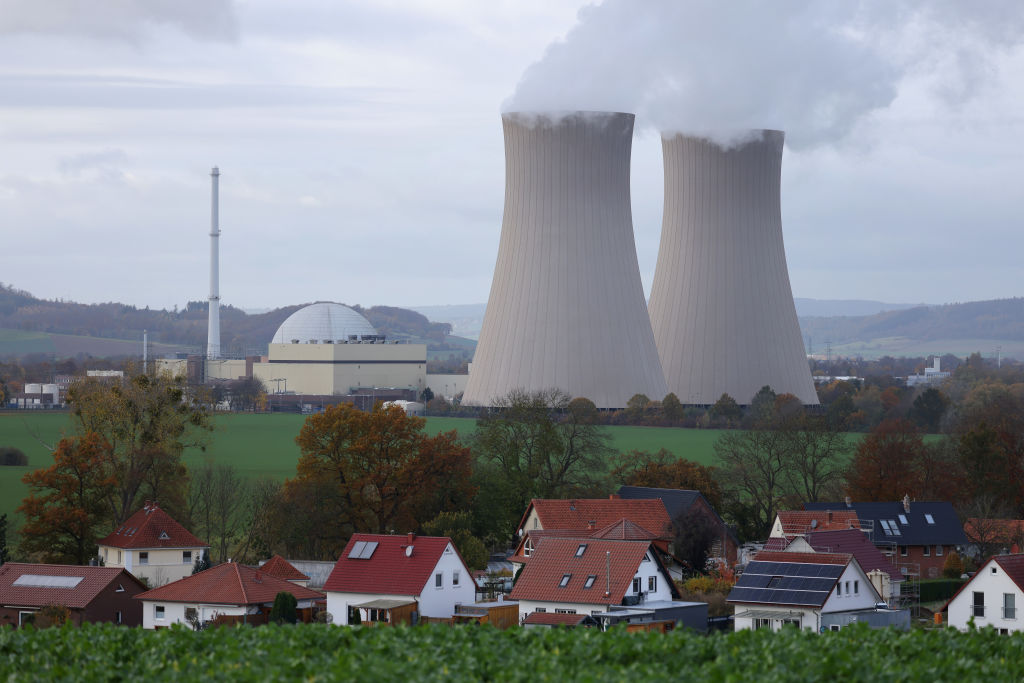Explainer-in-brief: Why won’t Germany just go nuclear?

In its effort to phase out Russian gas and oil, Germany has started building terminals for importing natural liquefied gas. The first is being built on the North Sea coast, and will store gas from the US and the Middle East.
The government has learnt the lesson of depending on one single country for imports, however, so it will further diversify its supply over the next two years.
This commitment to natural liquefied gas is peculiar, given the direction in which other countries are moving.
But while the UK speeds up its manufacturing of small nuclear reactors, and France tops EU charts for nuclear energy production, Germany won’t turn back on plans to phase out nuclear.
This is a partially political issue, with the relevant ministries controlled by the Greens, an historically anti-nuclear party.
But the consensus is almost universal across the political spectrum. The three nuclear plants currently active are due to be decommissioned by the end of 2022, and there is no appetite for a change of course.